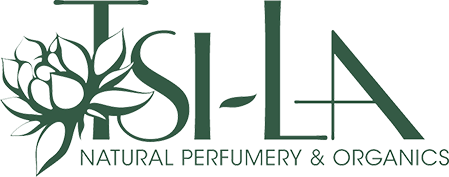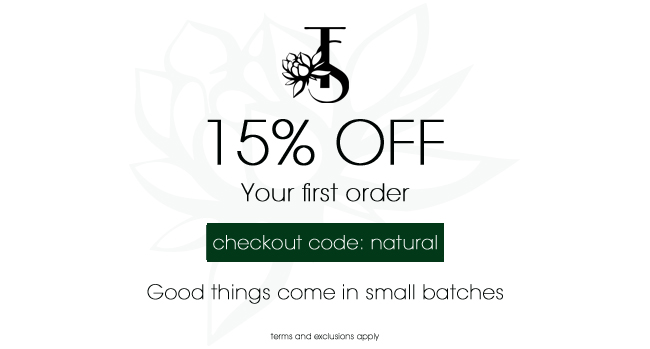Veganism and the Planet: a Healthy Lifestyle for a Healthy Earth

As you may know from reading our blog, November is World Vegan Month! Even if you know only a little about veganism, you know it is, in many ways, better for your body, and of course much better for our animal friends!
But did you know that it’s better for the planet, too?
The fact is, raising enough animals to provide meat, eggs and milk for the 7 billion people on earth is extremely hard on the environment.
Though the popularity of pastured meat has been rising, the vast majority of the meat we eat is raised on corn. Generally speaking, it takes about 2,800 pounds of corn to raise a single beef cow to maturity, according to the USDA. Not only is that an incredible expenditure of food that could feed people, it also takes a huge amount of manpower and synthetic fertilizer – produced with fossil fuels – to grow that much corn. Since most corn grown in the U.S. is genetically modified and uses synthetic fertilizers, the whole conventional food system is out of balance with the natural world.
And even if meat is pastured, it’s still taking up a lot of land that could be used to grow diverse, healthy crops for human consumption. The world’s forests are being cleared at the rate of 36 football fields per minute, mainly for cattle ranching.
When it comes to animals like poultry and pigs, the issue isn’t so much how much food they consume. Rather, it’s what to do with their waste. North Carolina is one of the country’s biggest pork-producing states, for example, and it’s really struggling with its enormous factory farms and the tons of waste they generate annually leaking into waterways and underground water supplies.
Since vegans forego animal products, they don’t participate in these destructive food-production methods. Now, even vegans still need to be mindful of non-animal products that have their own downsides: pesticide-heavy produce; industrial monocrops like corn, wheat, and soy; and out-of-season fruits and vegetables. But generally speaking, any approach to veganism is more eco-friendly than a lifestyle that includes animal products.
If you’ve been thinking about trying a vegan lifestyle, now might be the time to actually make it happen. Even if all you change is your beauty routine, Mother Earth and our furry friends will thank you!
Contact us if you’re interested in more information about vegan and organic lifestyles.

